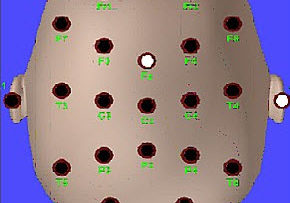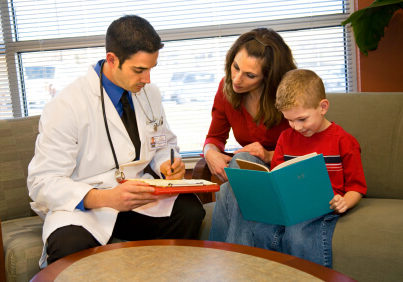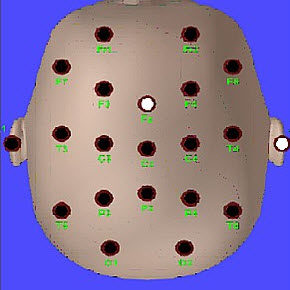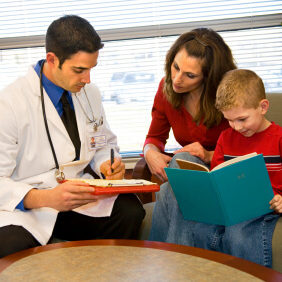ADD / ADHD
(If you have not seen the Dan Rather video on the home page please click here and scroll down on the home page)
Also please view these video
https://www.youtube.com/watch?v=jqEJ53dwgNY
This video gives basic analogy for the concept of training the brain to training a dog. It also shows how the video we show when we do the treatment gets lighter and darker to help the brain change.
ADD and ADHD are very over-diagnosed disorders. Too often, the diagnosis is given for the convenience of the world, not for the welfare of the child. Teachers, (and some parents), very often want a child that is calmer and less "demanding". Family dynamics, as well as life events, can all play a role in a ADD-ADHD diagnosis. Parents should always be aware of these factors.
Medications and the body...
Though medications are sometimes necessary, as Dr. Lawlis states above, they can be dangerous. Not only can they be toxic and have side effects, they foster dependency and cover up the problem. The current ADD-ADHD drugs do not heal or fix the problem. The active ingredient in these medications is the chemical equivalent of "speed". They fool the body into thinking that it is on "high alert", so nature's fight-or-flight response kicks in. This is why many medicated children have no appetite-because the brain tells the body that there is an emergency, causing blood to go to other areas rather than the digestive tract, thus the appetite diminishes. Many experts believe that this teaches children that they cannot function without a pill. Later in life, if depression or anxiety become issues, they may be more apt to turn to medication to "solve" those issues, too.
Neuro-biofeedback is about healing good, not just "feeling good"
Neuro-biofeedback works organically with the brain. This means that the brain is actually physically changing the way it functions and can be trained to stay that way. It is actually healing the brain and getting at the root cause.
Both children and adults can get stuck in ways of thinking. Neuro-biofeedback helps change these ridged neural pathways through a process called dis-entrainment. Thus, "ways of thinking" can be transfered into "waves of thinking". By encouraging the flexibility of the brain, (what neuro-scientists call neuroplasticity), we can provide new opportunities for the brain to express itself. This is all done gently and safely. (See "How does it work?" section.)
Neuro-biofeedback is an active approach, giving the child a greater sense of control and responsibility over his or her own healing.
This gives the child the ability to self-regulate, as well as help switch their mental gears from playful to more-focused attention. It can also increase attention span, and help control impulsivity.
A treatment that is...fun?
The treatment protocol I use-(as well as over 400 practitioneres around the world.) involves having the child watch their favorite movies as we are monitoring the child's brain waves. As the waves go in the therapeutic direction we want, the movie screen gets brighter and darker. In this way the brain "learns" to adjust the waves to create better behavior patterns..
Drug Side Effects to Consider
See (Lawlis, 2005, pg. 21)
Only 50% of children with ADD can be helped with drug therapy. The possible side effects of these drugs are listed here:
- nervousness (about 5% experience this)
- insomnia (about 5% experience this)
- confusion (about 2-10%)
- depression (about 10-39%)
- irritability (about 11-29%)
- stunted growth (about 25%)





